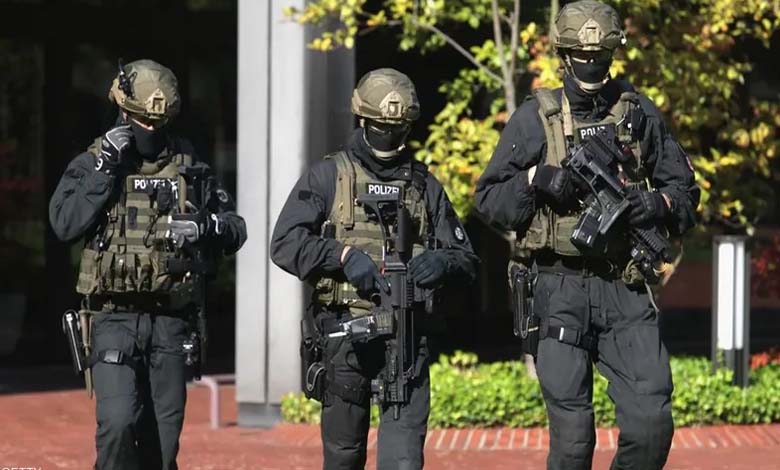Germany Refuses to Repatriate ISIS Fighters: Syria’s Delayed Justice Dilemma

In a stance that highlights ongoing reluctance to address one of the most sensitive issues of the post-ISIS era, Germany’s Foreign Ministry announced on Monday that it has “no plans” to repatriate German citizens currently held in northeastern Syria, who previously fought for the Islamic State.
This statement comes amid growing domestic pressure for Germany to assume legal and humanitarian responsibility for these detainees.
-
Alarming Resurgence of ISIS in Syria Following al-Assad’s Fall
-
France Fights ISIS in Syria: Strikes on “Specific Targets”
Despite pleas from families, who sent an open letter to the German government, Berlin has shown no intention of shifting its position. A spokesperson stated that while “Germany understands the families’ concerns, there are no plans to bring back the detained men,” adding that negotiations are ongoing between Syria’s transitional government and the local Kurdish administration.
The open letter, sent by the organization “The Green Bird” on behalf of the families, carried a sharp and unusually critical tone. The signatories argued that German society—not Syria—is responsible for the radicalization of these individuals, calling it a failure to engage and protect youth from extremism.
-
The forest fires crisis in Syria threatens the fate of farmers
-
The European Union warns of the danger of ISIS in Syria and Iraq
The letter read: “Our sons, brothers, and grandsons were drawn to extremism within German society. This responsibility lies with us all—not Syria. It’s time we face that responsibility.”
The families also warned of “catastrophic” conditions in northeastern Syrian prisons, citing reports of torture, extortion, and a complete lack of healthcare.
Estimates suggest that around 30 former German fighters remain in detention under Kurdish-led authorities in Syria.
-
ISIS Threatens al-Sharaa… Can the Group Still Operate in Syria?
-
Nechirvan Barzani Calls for Helping Ahmad Al-Sharaa Bring Syria Out of Crisis
European governments differ in how they handle such detainees. While Germany repatriated women and children between 2019 and 2022, it continues to refuse the return of adult men, arguing they pose a security threat.
This policy raises legal and ethical questions. Human rights organizations argue that abandoning these citizens in areas beyond German or European jurisdiction undermines the rule of law and fundamental rights.
Furthermore, allowing them to be tried by non-internationally recognized entities, or by a transitional government with an undefined legal framework, presents serious concerns for criminal justice integrity.
-
Iran Plans to Restore Its Influence in Syria: Will It Use ISIS or Other Factions?
-
How ISIS Fighters in Northern Syria Could Benefit from Turkey’s Ambitions
With the fall of Bashar al-Assad’s regime and the emergence of a transitional Syrian government, new possibilities are emerging. According to the German Foreign Ministry, “negotiations are currently underway between the transitional government in Damascus and the local Kurdish authorities,” which may pave the way for trials inside Syrian territory.
This possibility worries the families, who are urging the German government to secure guarantees about the treatment of detainees, and to allow visits from the Red Cross and international lawyers to verify prison conditions.
Observers note that Germany’s firm stance may be a way to avoid complex legal and political ramifications, especially amid rising domestic tensions over identity, terrorism, and integration. Yet ignoring the issue of foreign fighters could bring political and security repercussions, particularly if detainees escape to new conflict zones or are used as bargaining chips by hostile actors.












